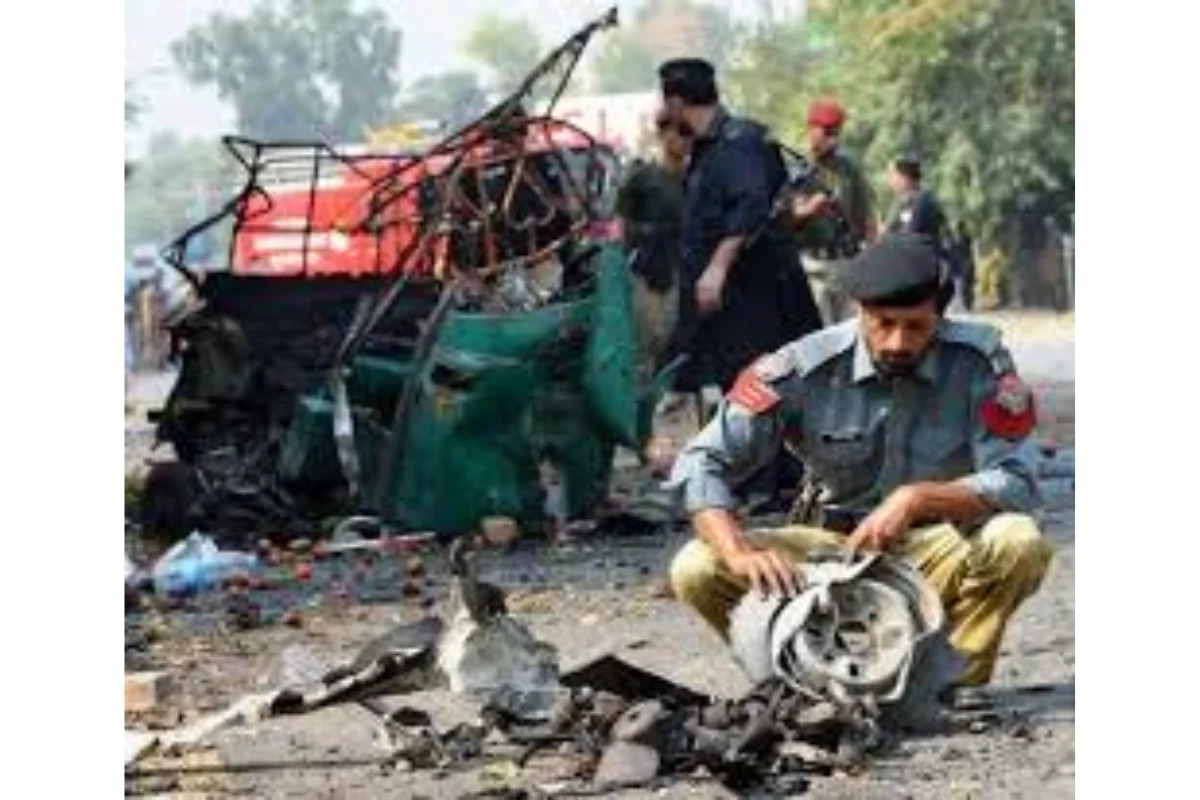Demand for Combating Terrorism
The alarming rise in bouts targeting police personnel in Balochistan demands immediate and sustained attention from all stakeholders, government, security agencies, local communities, and civil society for combating terrorism. Stability and the safety of the citizens of Balochistan depend on the valor and dedication of its police force.
Protection to Duty Holders
Protecting them is not just a moral duty but an essential step in countering and combating terrorism and building a more secure and prosperous future for the region. The root causes of the turbulence in Balochistan are imperative. Socioeconomic development, political reconciliation, and addressing the grievances of marginalized communities are long-term solutions that can help reduce the appeal of terrorism.
Disturbed Circumstances
In recent times, Balochistan has found itself at the heart of a disturbing and alarming trend, the targeting of police personnel by terrorist organizations or banned outfits. The men who don the uniform and risk their lives to maintain law and order in this volatile region are facing an unprecedented threat to their safety. This situation demands our immediate attention and a concerted effort to ensure the security of those who protect us.
Balochistan has long been a region plagued by various issues, including insurgency, sectarian violence, and political unrest. The role of the police force in maintaining stability and safeguarding the lives of civilians cannot be overstated.
However, it is disheartening to witness a rising number of attacks against police personnel, not only posing a grave risk to their lives but also undermining the very fabric of society they are trying to protect.
The reasons behind these attacks are multifaceted. Terrorist organizations with vested interests often see the police as a symbol of state authority and aim to weaken the government’s grip on the region by targeting its enforcers.
Furthermore, the police force, given its proximity to local communities, plays a vital role in gathering intelligence and disrupting illegal activities, making them a prime target for those with nefarious motives.
The situation in Balochistan calls for a multi-pronged approach. Firstly, there must be a renewed commitment to intelligence sharing and coordination among security agencies at the local, provincial, and national levels.
Secondly, there should be a comprehensive review of the security measures in place for police personnel. This includes not only providing them with the necessary training and equipment but also investing in their psychological well-being. The psychological toll of constant threat and violence should not be underestimated, and access to counseling and support services should be readily available to those affected.
Community engagement is a vital component of any combating terrorism strategy and counter-terrorism strategy. The police must strive to build trust and collaboration with local communities to gather valuable information about potential threats. The “community policing” approach has been successful in other regions, and its implementation in Balochistan could yield positive results.
The judiciary plays a crucial role in ensuring that those responsible for attacks on police personnel are swiftly brought to justice. The legal system must be equipped to handle such cases efficiently, sending a strong message that such acts of violence will not be tolerated.


